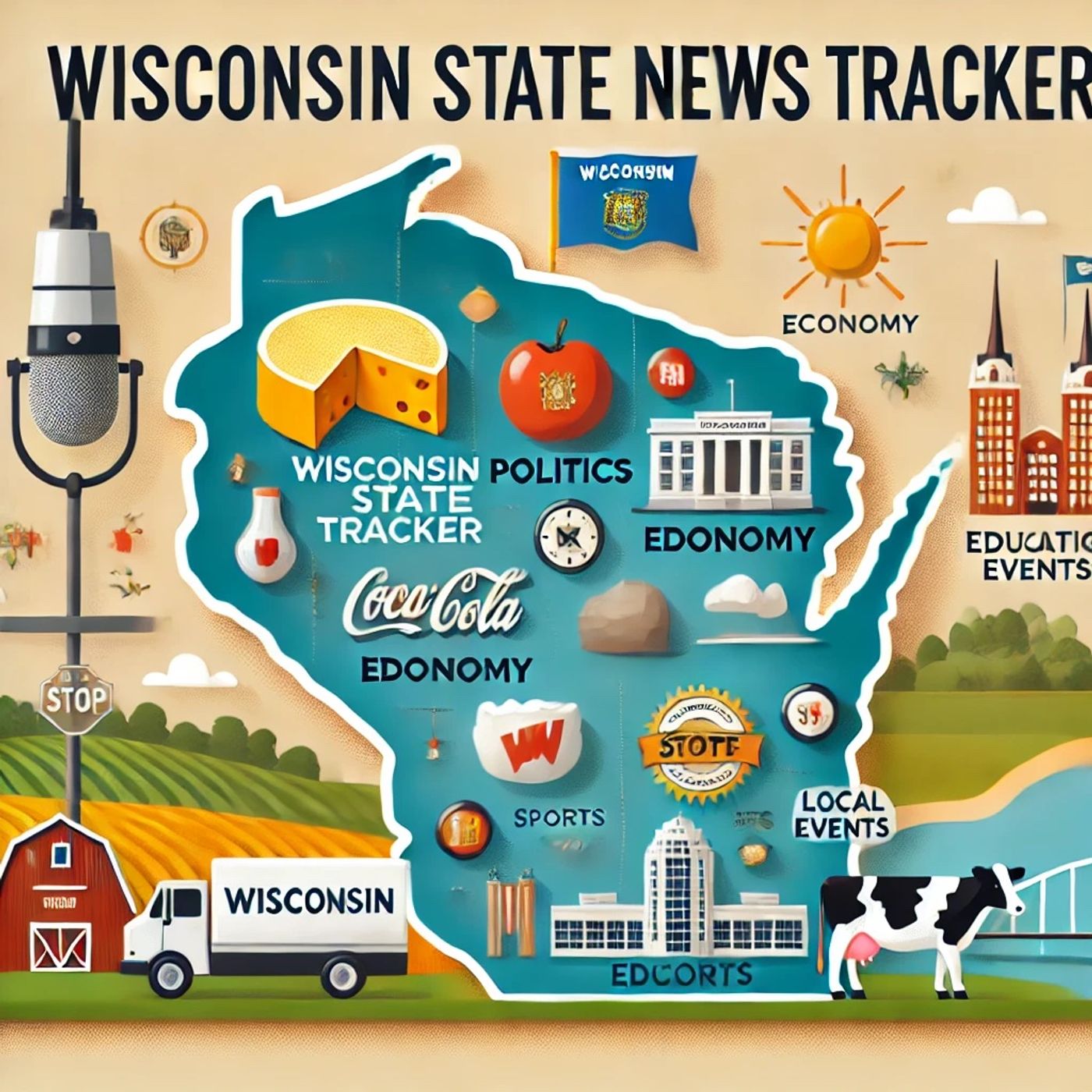Jan 30 2025 2 mins
Wisconsin is poised for a year of growth and development in 2025, with key initiatives in government, business, and community sectors. Governor Tony Evers recently delivered his 2025 State of the State address, highlighting successes in cutting taxes and bolstering the state's workforce. Wisconsin's tax burden has dropped to a record low, with most Wisconsinites seeing a 15% income tax cut or more, and the state has ended five consecutive fiscal years with a positive balance[1].
In the legislature, several bills have been introduced, including proposals to expand veterans benefits, require local approval for certain wind and solar projects, and create agreements for direct primary care[2]. These developments reflect ongoing efforts to address workforce challenges and improve healthcare accessibility.
On the economic front, Wisconsin's unique blend of manufacturing heritage and technological innovation is driving growth. The Southeast Wisconsin Corridor is emerging as a critical engine for economic development, with companies like Microsoft investing in large-scale operations[3]. Employment news is also positive, with historically low unemployment rates and seven consecutive months of record-high employment in 2024[1].
In community news, education remains a priority, with Governor Evers announcing a budget proposal to invest nearly $300 million in comprehensive mental health services in schools statewide[1]. Infrastructure projects are also underway, with a focus on improving public safety and addressing longstanding challenges.
Environmental and weather updates include the continuation of the Wisconsin Ag Climate Outlook (WACO), a weekly climate outlook tailored to the agricultural community[4]. This resource helps farmers adapt to anticipated changes and prepare for the growing season.
Looking Ahead:
- Governor Evers will announce his full 2025-27 Executive Budget proposal on February 18, 2025, detailing key policy priorities and budget allocations[1].
- The Wisconsin Legislature will continue to debate and pass bills addressing various issues, including healthcare, education, and economic development.
- The Southeast Wisconsin Corridor is expected to see further investment and growth, solidifying its role as a hub for economic development in the state.
In the legislature, several bills have been introduced, including proposals to expand veterans benefits, require local approval for certain wind and solar projects, and create agreements for direct primary care[2]. These developments reflect ongoing efforts to address workforce challenges and improve healthcare accessibility.
On the economic front, Wisconsin's unique blend of manufacturing heritage and technological innovation is driving growth. The Southeast Wisconsin Corridor is emerging as a critical engine for economic development, with companies like Microsoft investing in large-scale operations[3]. Employment news is also positive, with historically low unemployment rates and seven consecutive months of record-high employment in 2024[1].
In community news, education remains a priority, with Governor Evers announcing a budget proposal to invest nearly $300 million in comprehensive mental health services in schools statewide[1]. Infrastructure projects are also underway, with a focus on improving public safety and addressing longstanding challenges.
Environmental and weather updates include the continuation of the Wisconsin Ag Climate Outlook (WACO), a weekly climate outlook tailored to the agricultural community[4]. This resource helps farmers adapt to anticipated changes and prepare for the growing season.
Looking Ahead:
- Governor Evers will announce his full 2025-27 Executive Budget proposal on February 18, 2025, detailing key policy priorities and budget allocations[1].
- The Wisconsin Legislature will continue to debate and pass bills addressing various issues, including healthcare, education, and economic development.
- The Southeast Wisconsin Corridor is expected to see further investment and growth, solidifying its role as a hub for economic development in the state.
